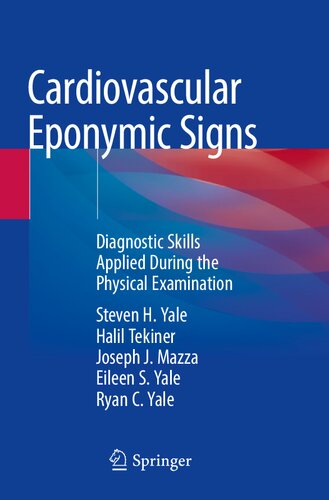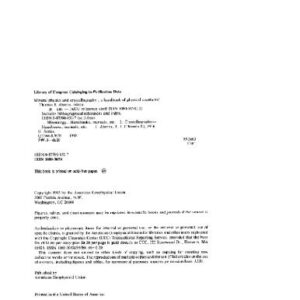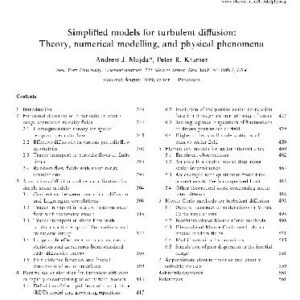This book proposes a novel learning approach that complements and augments the prevailing method of case-based learning. Learning these signs requires the application and integration of the fundamental skills of observation, palpation, percussion, and auscultation, and in more advanced cases, the use of maneuvers performed at the patient?s bedside. The book provides a discussion of the utility of the signs and reviews the mechanism and pathophysiology of related cardiovascular diseases. Each chapter discusses eponymic signs for a variety of cardiovascular diseases such as atherosclerosis, heart failure, hypertension, venothromboembolism, ischemic heart disease, pericarditis, and peripheral vascular disease. Finding a particular sign during the physical examination enhances clinical suspicion for a specific cardiovascular disease, directing physicians to obtain more specific studies to confirm a diagnosis. This should lead to the delivery of more efficient care with the potential benefit of lowering health care costs.
Cardiovascular Eponymic Signs: Diagnostic Skills Applied During the Physical Examination is an essential resource for physicians and related professionals, residents, fellows, and graduate students in cardiology, primary care, and internal medicine.






Reviews
There are no reviews yet.